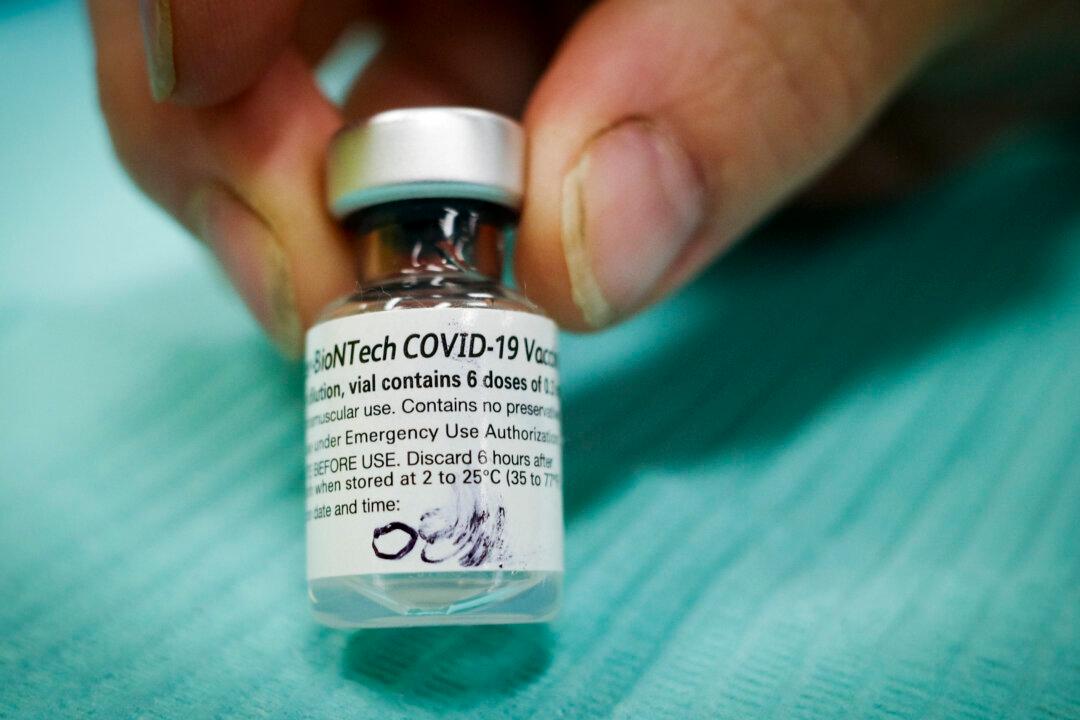An Alberta doctor accused of unprofessional conduct by the College of Physicians and Surgeons of Alberta (CPSA) following public comments critical of public health responses during the COVID pandemic will get to keep his licence.
The CPSA said Dr. Roger Hodkinson made several public comments that violated the Canadian Medical Association’s code of ethics, between November 2020 and April 2021, in a media interview, online, and at an Edmonton City Council meeting,





